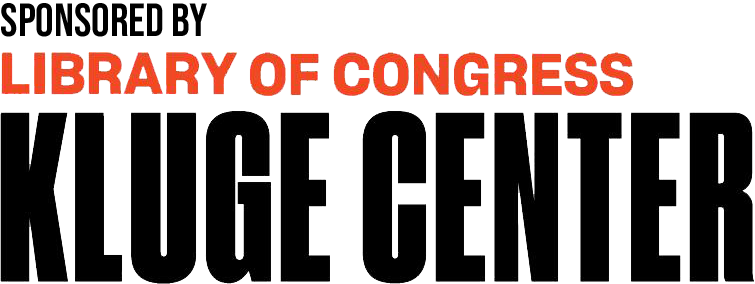Forum Question
In a world of disinformation, social media, and “alternative facts,” how do you identify and vet credible information sources? How do you share those credible sources with students and public library users? What is a librarian’s role in helping the greater community find common ground in shared facts?
In a world of disinformation, social media, and “alternative facts,” how do you identify and vet credible information sources? How do you share those credible sources with students and public library users? What is a librarian’s role in helping the greater community find common ground in shared facts?
Responses
Authority of Information sources
Based on the the question: In a world of disinformation, social media, and “alternative facts,” how do you identify and vet credible information sources?
There are several of sources out there people obtain information. The importance of obtaining information do differs and so is the value of such information. Not only do librarians and libraries check for the authority of resources to be acquired but also confident about its impact on the population serving. Hence, the credibility of such information sources.
In order to identify credible information sources, it is imperative to first know the…
Interactive Tutorials
I try not to identify specific sources as trustworthy or not, but focus on media literacy skills to help our students do this work on their own. I recently created an interactive video & game to help them hone their skills and give background on what information & media literacy are. https://library.trcc.edu/crit-info-lit
Read the Full Response Beth M.
Moderator Pick
Beth M.
Moderator Pick
Creating the Environment
In a public library setting it can be easy to conduct programs and forward information that reflects back to us and affirms our world view. The conversation about disinformation begins with listening first, then sharing with our patrons about how to vet a news source, where does this person usually publish their articles, is there already a built in bias, does the publication check a reporters sources, are there other articles, data sources or authors cited to support an argument. But to be fair, most of this type of material is written at a higher level and can be seen…
Read the Full ResponseEvaluating Information
My go-to response on checking the validity of information is 1) corroborate 2) check the responses from established, legitimate sources.
1) Corroborate - Information that is being reported from several sources is far more likely to be accurate. Check to see if the information is available from other sources. Sometimes a story will be essentially parroted from another source. If that is the case, look for another source for corroboration.
2) Check the established sources - Checking with long-established sources of reliable information, newspapers with a reputation for careful journalism, government, and university sources, these offer…
 Sharon E.
Moderator Pick
Sharon E.
Moderator Pick
Consistent Terminology & Lateral Reading
In an ALA Policy Corps meeting yesterday, a member brought up the different terms we, as librarians, have for this topic: Information Literacy, Digital Literacy, Media Literacy, News Literacy, etc. They're right. We need ONE term that we use so everyone knows what we're talking about. One term to coalesce behind in order to build a strategic campaign.
Personally, I'd like to see Information Literacy (the term I currently use) integrated into the gen ed curriculum at the community college in which I work. I wrote a paper about this for an assignment last fall in my Ed.D…






